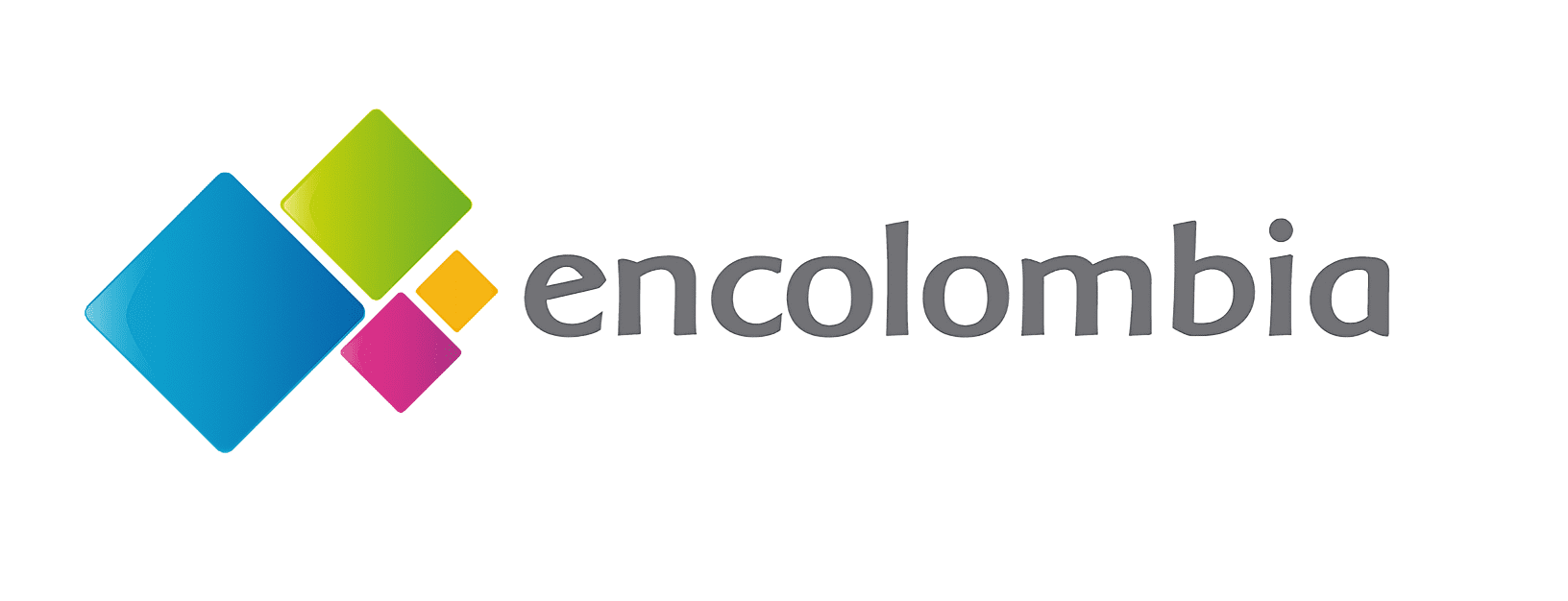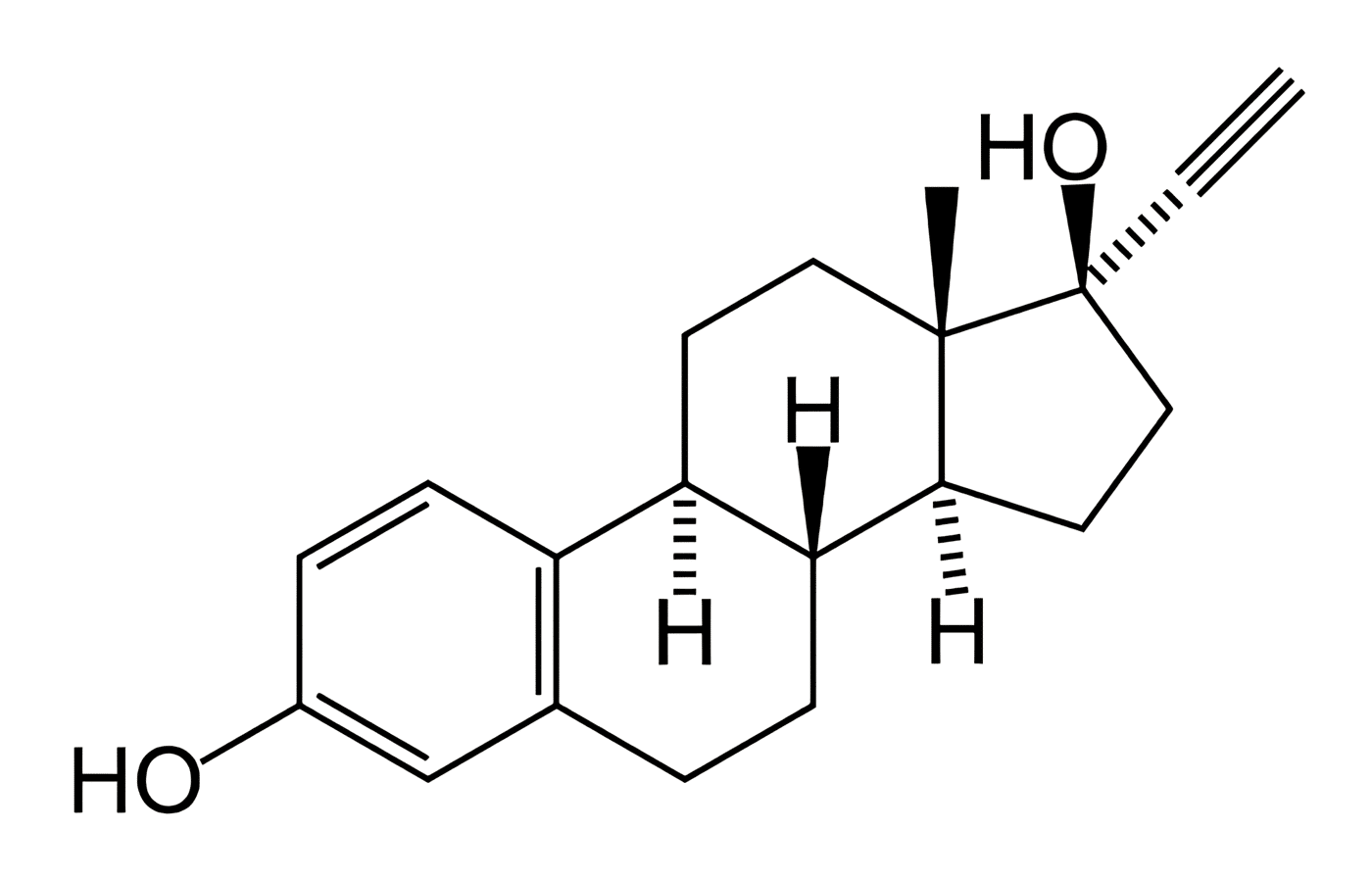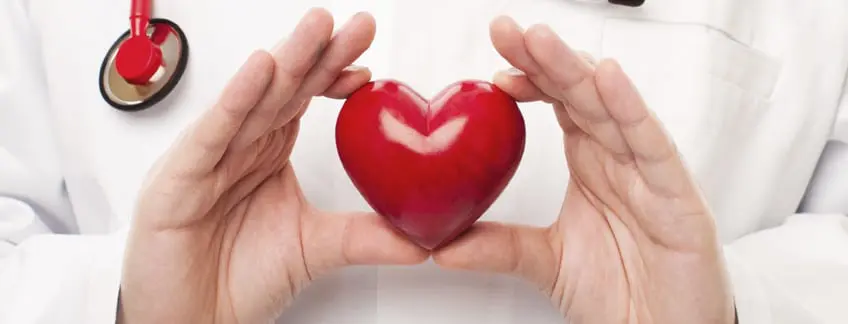Nursing Education, Medical Journals, Medicine, Health

An Innovative Art
Rosa María Nájera**
* Lecture given during the Sixth Ibero-American Conference on Nursing Education
** Former president of ALADEFE.
Member of the Editorial Advisory board from the Nursing Updates Magazine.
rnnajera@cueyatl.vam.mx
Referring to nursing makes it necessary to visualize the social context in which it is generated and developed.Being present at the VI Ibero-American Conference on Nursing Education, both those responsible for training future professionals and those who are experiencing the educational process, require a reflection on the situation in which the world in general and Latin America in particular finds itself, and that we keep in mind the great challenges that must be faced in this global dynamic so that the principles that have given rise and sustainability to the nursing career are met.
Economic changes and implementation in the countries of the region of economic stabilization programs and the structural adjustment demanded by international agencies, the World Bank and the International Monetary Fund as a strategy to confront the fiscal and economic crisis, has apparently generated a worsening of the social and economic problems. economic and increased poverty levels of some social groups.Unemployment rates have increased in almost all countries, with the consequent deterioration of the economic capacity of the population to satisfy their basic needs, which has a decisive influence on health and education conditions.“Neoliberal policies have increased social inequalities everywhere;Large sectors of the population have been excluded from markets.In almost all countries in the region, the economies have registered a significant recession.”
The context described has influenced the fact that technological advances in health have not had a sufficient impact on the improvement of health and in the quality of life of the entire population.On the other hand, the reform processes of health systems, based on postulates such as;Universality, equity, solidarity, integrity and quality, combined with processes of administrative and fiscal political decentralization, in relation to health care do not seem to have improved substantially in recent decades.Health systems are going through a major crisis related to new economic models that strengthen the market and private profit, which has negatively affected public health.
Agree With PAHO/WHO, the main characteristics identified in Latin America in the social, political and economic health scenario are the following:
• Demographic changes that imply new demands for health services
• New political economic situations: globalization, increased participation of the private sector in the provision of health services.
• Widespread and growing economic and social inequality
• Public sector reform, involving new guidelines : decentralization, privatization, greater emphasis on efficiency (doing more with less), and effectiveness;changes in the health sector financing system, and labor flexibility, among others.
• Development of global computing that favors the development of information systems, the globalization of knowledge and technological changes.
• New public health problems, re-emergence of already controlled diseases and dismantling of actions carried out by the different actors in the system.
• Prevalence of a curative health model.
• Insufficient coverage and accessibility to health services.
• Insufficient supply of nursing human resources to satisfy the population’s demands for services.
All these elements constitute the context of health services and have important implications both in training and in nursing practice as follows:
• Need to deepen and clarify the field of nursing knowledge.
• Development of new competencies for the management of nursing care in its different areas and levels of services and the health system as a whole.
• Expansion of nursing participation in the definition, implementation and evaluation of healthy public policies.
• Ability to take advantage of advances in communications in benefit from the development of services.
• Strengthen skills to carry out multidisciplinary work with an interdisciplinary vision.
• Create new strategies for community work on health promotion and risk prevention.
The aspects stated above require nursing educators to redefine the direction of the educational act, since education is one of the key elements to make it possible for nursing staff to contribute efficiently and effectively to the transformation. of its practice for the benefit of the population.It should not be limited to the acquisition of knowledge and know-how, it should also concern itself with the content of our existence, our ideas, our ideals and our moral strength.A balance is imposed at all levels of education, between the three components that partially intersect and that could perhaps be clarified respectively: tactical, strategic and humanistic.The first has to do with theoretical and practical knowledge of immediate or temporary usefulness, the second with knowledge that retains its value and usefulness throughout existence, and the third with the quality and meaning of life.
It is necessary, at all levels of education, that these three elements be combined according to the required proportions.The humanistic element is character, the ideal of life and human values.Its purpose is to arm us, to morally give content to our existence, to instill in us respect for man and to point out the importance of the cooperation of human society.For man to survive the nuclear age, a creative synthesis between science and transformation will be necessary.The purpose of a humanistic education should be to show the importance of this problem.
To define the strategic element we can speak of education in the broadest sense, as opposed to specialization. in a narrow discipline and in the acquisition of specific competences.Here emphasis is placed on the fundamental principles that constitute the essential element of education.It is on the basis of these principles that you can subsequently specialize.
The tactical element is linked to three specific purposes and the acquisition of specific skills.Its purpose is to adapt the individual to his current task or to the one that awaits him in the near future.The tactical content of education must have close ties to the current needs of the workforce or those of the immediate future.Obviously, it would not be possible to make a precise distinction between these three elements, but the task of educational planners would be facilitated if they were always kept in mind.
The essential difference between today’s world and That of the Middle Ages or even the last century is the predominant role of science and technology that everywhere modify almost all aspects of human life.Thanks to the deepening of this knowledge about the atom, as well as the biological phenomena that are located at the molecular and genome level, man has unprecedented power.And for humanity to truly progress, a stronger and more extensive sense of responsibilities and a spirit of solidarity is necessary than at any other time in its history.
Reflect on the social mission of Education in general, within which nursing is evidently, is to investigate the social needs that teaching covers, to satisfy what is called the social function.The relationships between society and education, analyzed especially in these times of rapid and profound changes, cover multiple aspects: not only is the economic system a reference where its action is most widespread, it also operates on the technical level, disseminating science and technology, maintaining relations with culture;and above all, it is directed towards justice or injustice, equality or inequality.
The world that is visualized in the immediate future requires university educators to get rid of rigidities and propose flexibility, innovation and change as a method.The new paradigm of university education must vindicate the retro-progressive concept, that is, it must advance without ceasing to rely on the values that have determined its success in the past.Articulate a project that does not hinder the emergence of the new, but that does not make a race table of the values that have made professionals free, dignified and prosperous.
For nursing these concepts are of vital importance , since modernity does not imply leaving aside the substantive aspect that has distinguished the profession over time, such as humanized care with quality and warmth, but rather other ingredients must be added to the being and doing of the discipline. in which the social functions of education have a privileged place.
We can perhaps combine the progress of science and technology with progress of a moral and spiritual order.Without tolerance, compassion and wisdom, material wealth could very well be nothing more than dust and ashes.
The future of education will have to teach in versatility.Vital processes and the speed with which circumstances change require plastic personalities and not simply the technical competence inherent to the profession.Not only cognitive content will be transmitted, but attitudes such as: skills to work in groups, ability to make decisions and take risks, and sense of responsibility.That is, the four basic commandments cited by Delors must be assumed: make known, learn to do, learn to live together and learn to be.
Another point to consider is lifelong learning, this It should be a norm, because for the first time in the history of humanity, most of the knowledge acquired by a person at the beginning of their professional life will be obsolete at the end of their career.In the new nature of work, the transition of knowledge will become increasingly important, working will mean learning, producing and transmitting knowledge.Students and teachers in this context will have to define their roles in the new order of the educational act and specify the social values that must be acquired and applied in the various scenarios of everyday life.
Education serves individual purposes, and this has traditionally been the orientation that has predominated from a humanist conception.But there are many reasons to think that education also has a social purpose and there are even those who defend that education only serves social purposes.
The individual as a human being is first in the order of law and of priorities;However, in the order of the phenomena of human achievements and chronological unfolding, society comes first.
So it is worth asking: how does education help to preserve the society it integrates?Or better yet, what are the social functions that the educational system aims to achieve? for the future because, as we are already seeing, there are signs that announce the progressive emergence of a society different from the current one.
For Musgrave, education must fulfill five social functions.
• Transmit the culture of society.Basically conservative need to communicate the main models of social behavior through education.
• The training of innovators.Someone has to initiate the social changes necessary for a society to endure in contemporary circumstances.
• Political function in a double aspect: one, the need to provide political leaders at all levels of a democratic society and another, in the sense of preserving systems guaranteed by popular loyalty.
• Social selection.It gives the educational system a place in the process by which the most capable elements of the population as a whole are chosen.
• Economic function.All levels of the labor scale must be provided with qualified labor in the quantity and quality required by current demands.
For Lawton, there are three social functions:
• Prepare the student for a professional and vocational future as an adult
• Prepare the student as a citizen by giving him a social and moral education
• Give the student a personal culture.
De Given the social functions expressed by the aforementioned authors, one might wonder which of them nursing educational institutions place more emphasis on and which ones there are more deficiencies in.The answer without a doubt lies in the performance that these personnel, once graduated, have in the different spaces and scenarios of public life and in the impact achieved on the health of the population in accordance with the functions that have been assigned to them. touched on developing.
Nursing educators must question ourselves about how we are introducing the social functions of teaching in our daily lives, asking ourselves at the same time, as citizens, in what way they participate in the world outside the discipline, it is advisable to review in a general way some of these important functions of education. How can we ensure that the training given to nursing professionals is in line with the social events that characterize the modern world?.
With all the above and adding above all that it should serve as a guideline for nursing educators to situate themselves in a different world that is reaching us in a dizzying manner and in which the training of professionals is demanding new , different and versatile forms of teaching in which computing, virtual education and cybernetics are in vogue, giving new and different expectations throughout the educational process;It is then necessary to reflect and specify where nursing wants to be directed so that it is at the forefront as a social agent of health.
.


